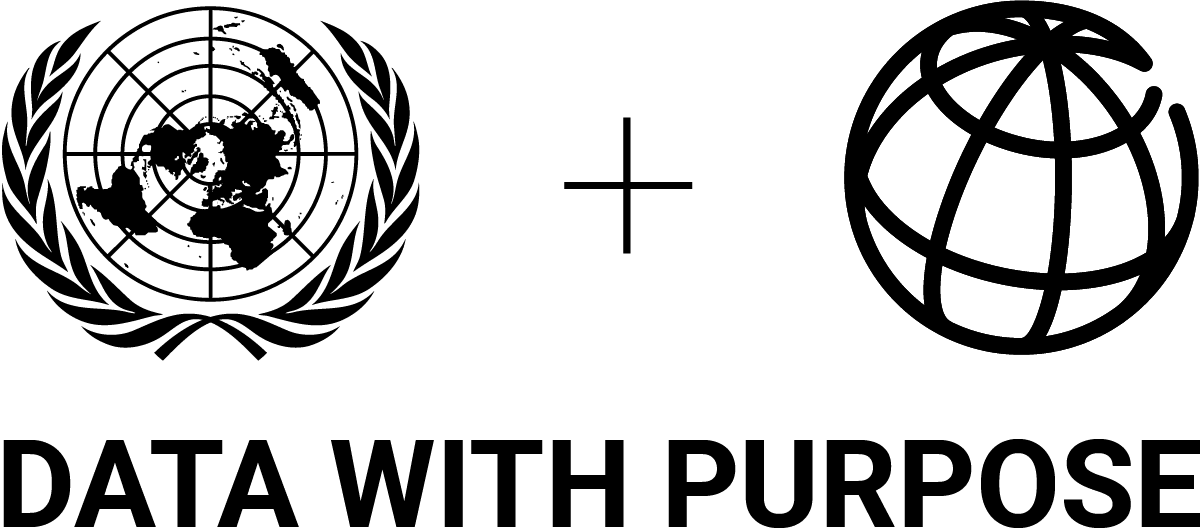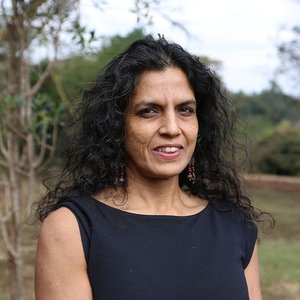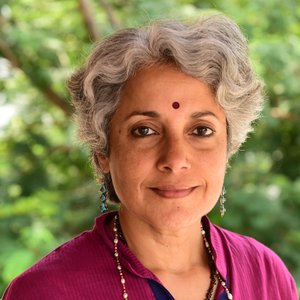UNLOCKING IMPACT: DATA WITH PURPOSE
On Thursday 22 September 2022, during the 77th Session of the United Nations General Assembly:
United Nations Deputy Secretary-General, Amina Mohammed, and
World Bank Managing Director for Development Policy and Partnerships, Mari Pangestu
will convene a multi-stakeholder High-Level Event on Unlocking Impact: Data with Purpose.
 q9 discussed at un zoom roundtable 2020 with participants including those listed ---what does hi-trust leadership share that no other leaders do? Govs: Estonia, Netherlands, Switzerland, Finland, Uruguay, Mexico Japan Korea, Bangladesh NZ, Kiribati, Kenya : Metaverseprize-Goal 2 WFP; 3 WHO 1 WorldBank; with UN-dftf-odc-cri-oda; University SUNY; Corporate Microsoft; Foundations WEF, Konrad Adenauher Stiftung, Internet Society
q9 discussed at un zoom roundtable 2020 with participants including those listed ---what does hi-trust leadership share that no other leaders do? Govs: Estonia, Netherlands, Switzerland, Finland, Uruguay, Mexico Japan Korea, Bangladesh NZ, Kiribati, Kenya : Metaverseprize-Goal 2 WFP; 3 WHO 1 WorldBank; with UN-dftf-odc-cri-oda; University SUNY; Corporate Microsoft; Foundations WEF, Konrad Adenauher Stiftung, Internet Society











